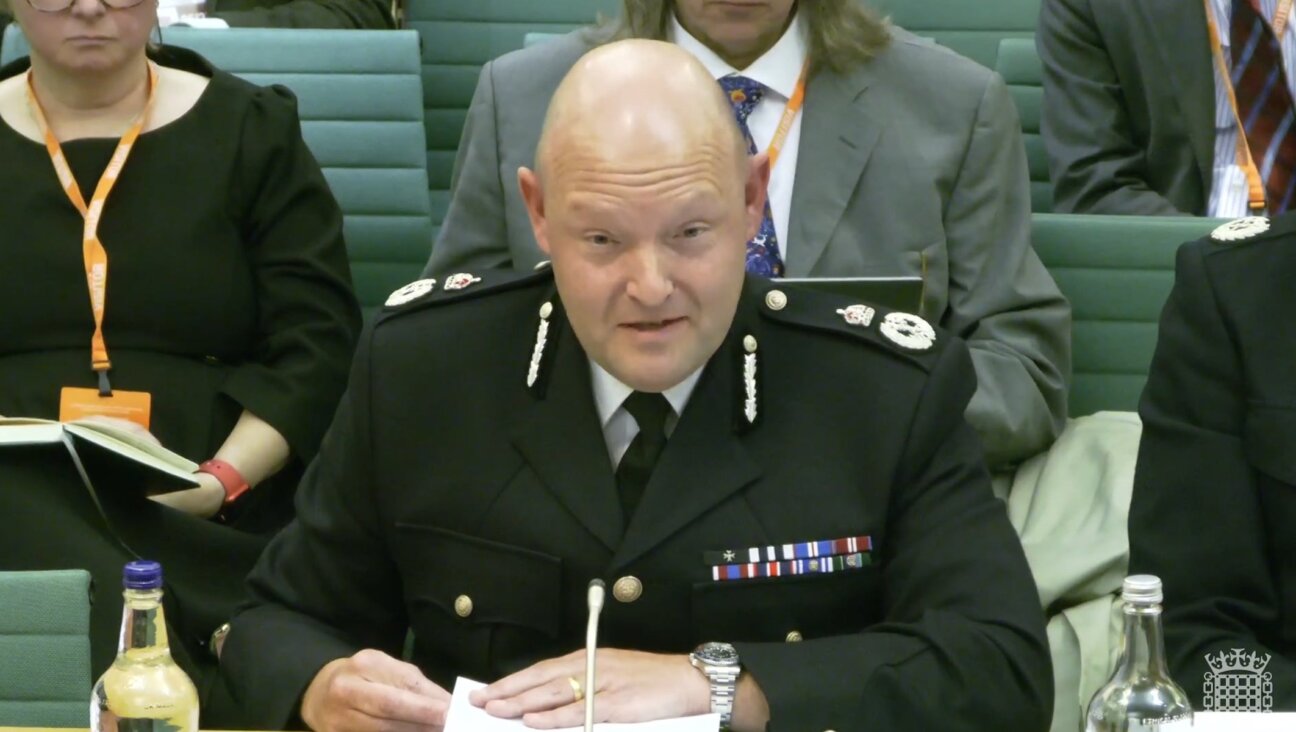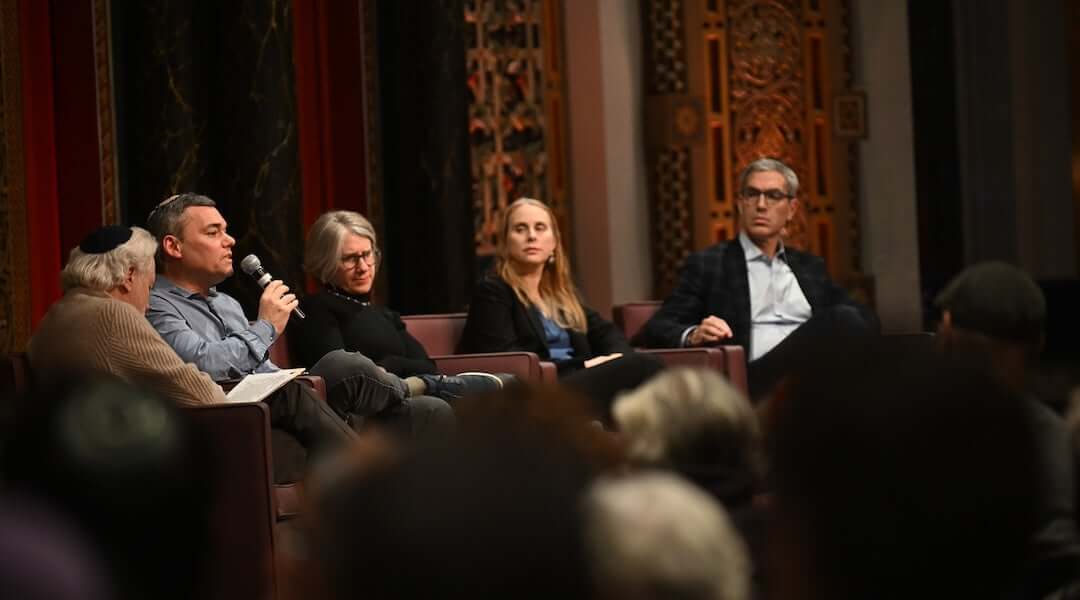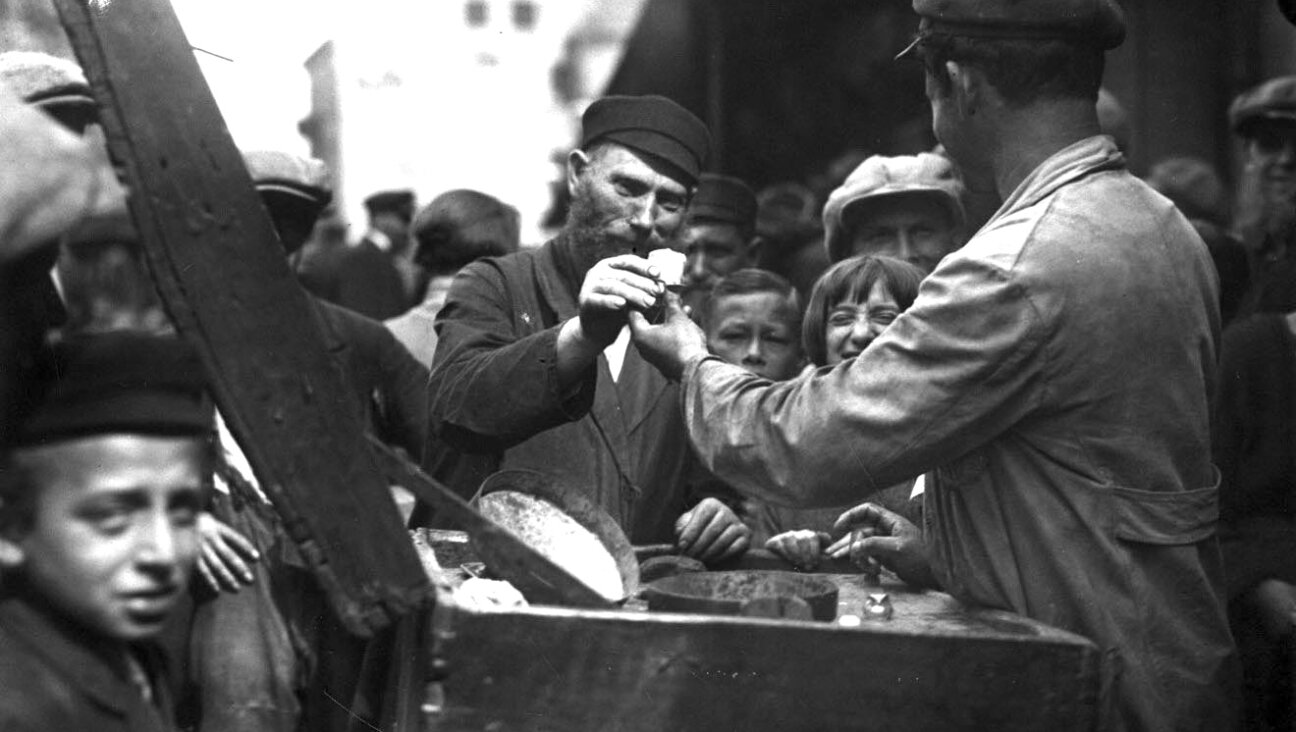Cabinet Approves Deal To Free Grapel
Israel’s Cabinet unanimously approved a deal to release dual American-Israeli citizen Ilan Grapel in exchange for 25 Egyptians being held in Israeli prisons.
The agreement, which was facilitated by the U.S. government, according to a statement from the Prime Minister’s Office, was approved Tuesday.
Grapel, who is accused by Egypt of being a spy for Israel, is expected to return to Israel on Thursday, according to the statement.
Israeli Prime Minister Benjamin Netanyahu also instructed the relevant authorities to work to bring about the release of Ouda Tarabin, an Israeli Bedouin who has been held in Egypt for 11 years on charges of espionage, the statement said.
The Egyptians to be released under the Grapel deal, including three minors, are not security prisoners, the Prime Minister’s Office said Monday evening. They are being held on charges such as crossing the border illegally, drug trafficking and holding unlicensed weapons, according to reports.
Grapel, arrested in Cairo in June, was accused of espionage. Later he was accused as well of incitement and the attempted arson of the country’s Interior Ministry building and police headquarters in Cairo during January’s riots in the capital.
The agreement comes less than a week after captured Israeli soldier Gilad Shalit was exchanged for more than 1,000 Palestinian prisoners in an agreement reached with the terrorist organization Hamas.
Egyptian security officials said Grapel entered the country shortly after the start of the Jan. 25 uprising that led to the resignation of President Hosni Mubarak and posed as a foreign correspondent. A law student at Emory University, Grapel allegedly said he was Muslim on the visa application that he filed with the Egyptian Embassy in Tel Aviv and then entered Egypt using his American passport.
Grapel is a New Yorker who moved to Israel following his graduation from Johns Hopkins University in Baltimore. He joined the Israeli army, served as a paratrooper during the Second Lebanon War and was wounded in Southern Lebanon in August 2006.














